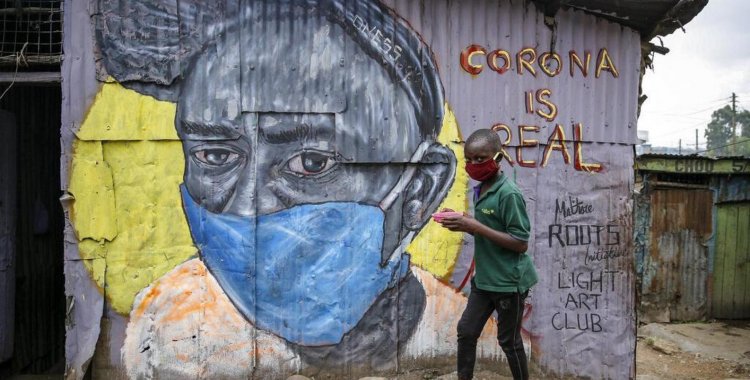"Disruptions resulting from a second wave of the global trade pandemic or a slower recovery in commodity prices risk creating delays in the growth trajectory or a double recession scenario," wrote analyst Irmgard Erasmus, in an analysis of the impact of covid-19 pandemic in African economies.
"If this materializes, almost all countries in sub-Saharan Africa will face forced and abrupt fiscal consolidation, while a failure to extend the Debt Service Suspension Initiative (DSSI) beyond 2020 or a lack of agreement in restructuring loans to unofficial bilateral creditors increases the risk of default in several countries, the analyst warned.
In the continental analysis sent to customers, and to which Lusa had access, NKC maintains the forecast of a 9 percent recession for Angola, more than double the International Monetary Fund estimate (-4 percent) and warns that the country has "an urgent need to restructure the debt".
The covid-19 pandemic, systematizes the analyst, exposed the fragile external foundations and deficient countercyclical policy frameworks through three distinct transmission channels: first, the budgetary pressures related to the increase in health expenditure and the increase in unemployment; then the reduction of global trade and the demonstration of the existing logistical bottlenecks in Africa and, finally, the visible financial impact on the increase in interest rates, the depreciation of currencies and the outflow of capital flows.
"Combined, these factors resulted in a financing gap, evaporation of refinancing options, which in practice closed access to global capital markets and jeopardized the debt sustainability" of many countries in this region.
In the analysis to DSSI, analyst Irmgard Erasmus writes that "the debt to be paid in 2020 and 2021 to official multilateral creditors represents less than a third of the total payments due by the countries of sub-Saharan Africa", the rest being in the hands of, among others , private creditors that do not participate in debt relief initiatives.
In the report, it is further specified that "the postponement of payments to unofficial bilateral creditors, with China at the head, can be critical to reduce the debt burden in countries such as Zambia and Mozambique", a country that is likely to face a recession of 3 percent, according to NKC.







